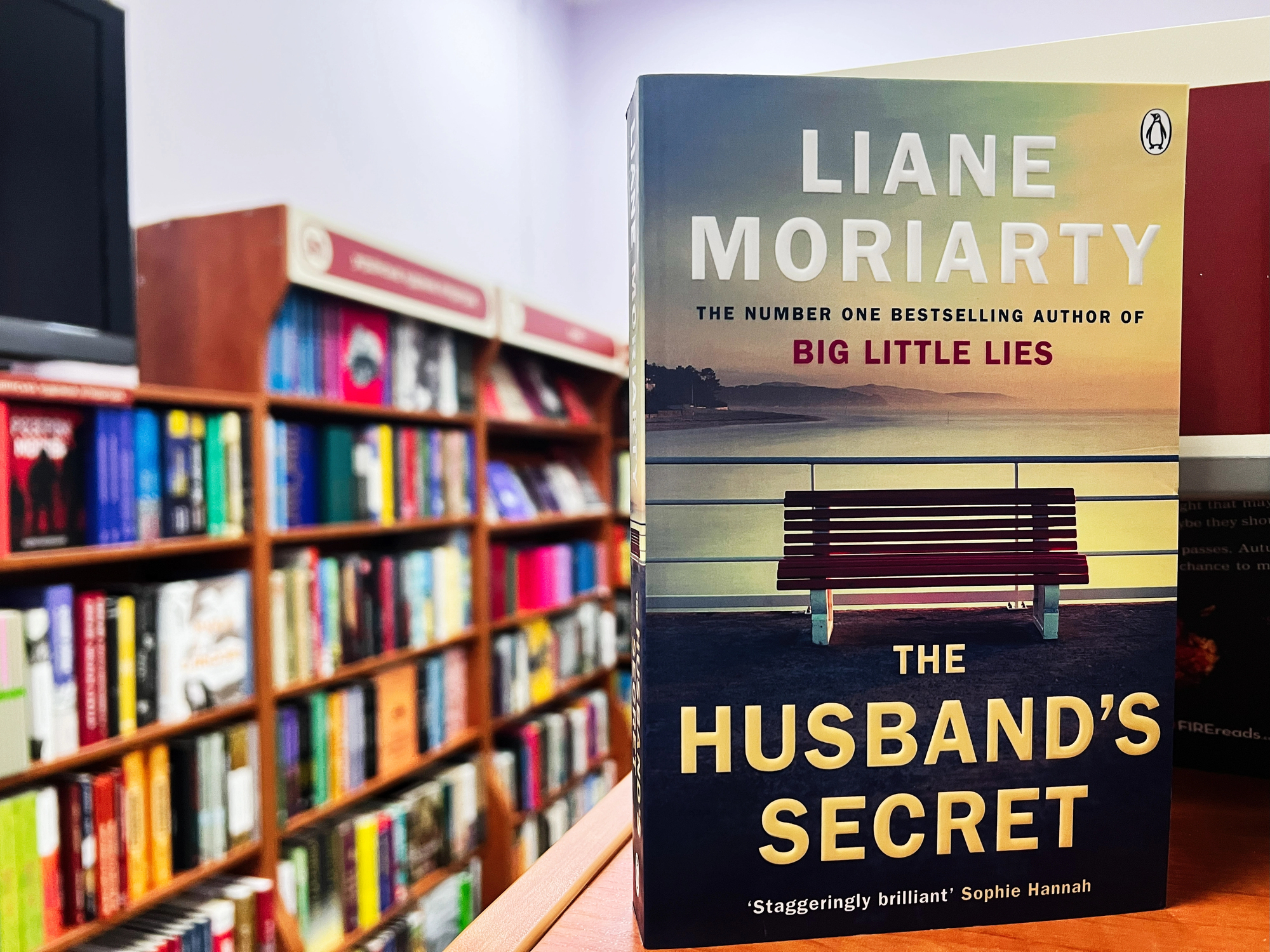How to Bet on the Mercury Prize

In the crowded landscape of music awards, the Mercury Prize stands alone. There’s no public vote, and no consideration for stadium-filling sales. For one night, the only thing that matters is the album as an art form. It is, without a doubt, the most prestigious and intellectually rigorous music prize in the UK and Ireland, and for that reason, it presents a uniquely fascinating challenge for bettors.
Navigating the Betting Landscape
Your first mission is to find a bookmaker that offers markets on the prize. Given its British roots, your best bet will be the major UK and European sportsbooks. You won’t find the Mercury Prize listed under “Sports”; instead, you’ll need to explore the site’s other offerings. Look for a tab or menu item labeled “Specials,” “Entertainment,” or “Awards.”
Once you’ve found the odds, it’s highly advisable to open accounts on a couple of different platforms. One bookie might list your chosen album at +800, while a competitor offers it at +1000. By placing your bet with the latter, you’re getting a significantly better return for the exact same outcome.
The Essence of a “Mercury Album”
Before you can pick a winner, you must understand the prize’s unique philosophy. The Mercury Prize is for the “Album of the Year,” and the emphasis is squarely on the word album. It rewards a cohesive, ambitious, and complete artistic statement, not just a collection of hit singles.
The prize has a long and storied history of championing the underdog and the innovator. It’s famous for catapulting artists from the fringes into the mainstream. Think of early wins for Primal Scream’s Screamadelica or Portishead’s Dummy. These were not chart-topping behemoths upon release; they were groundbreaking records that defined a new sound. A classic Mercury album is one that pushes boundaries, starts a conversation, and feels like a significant moment in music. It’s often an album that demands your full attention and rewards repeated listens. Commercial success is, at best, a secondary consideration and, at worst, a potential handicap.
The Shortlist: Deconstructing the Field
The real game begins in late summer with the announcement of the twelve shortlisted albums. This list is always a deliberately eclectic mix, a snapshot of the year’s most vital music. You’ll see grime artists next to folk singers, jazz ensembles alongside post-punk bands, and electronic producers competing with pop experimentalists.
Your task is to analyze these twelve contenders through a Mercury Prize lens. Ask yourself these questions for each album:
- Is it innovative?Does the album do something new within its genre? Does it fuse styles in an unexpected way or use production techniques that feel fresh and exciting?
- Is it a complete work?Does the album have a clear theme, narrative, or sonic identity that runs from the first track to the last? Does it feel like a journey?
- Does it have depth?Are the lyrics thoughtful, personal, or politically charged? Does the music reveal new layers and complexities with each listen?
- Is it a debut?The prize has a particular fondness for debut albums, seeing them as a chance to anoint a bold new voice. A stunning first album often carries a powerful narrative of discovery.
The Decisive Factor: The Judging Panel
This is the most critical piece of the puzzle. The Mercury Prize winner is chosen by an independent panel of around a dozen judges. This panel changes each year and is typically composed of musicians, esteemed music journalists, radio presenters (often from stations like BBC Radio 6 Music), and other industry insiders. Their collective taste is the only thing that matters.
Your most important research is to find out who is on the panel for the current year. Who is the chair? What are their backgrounds? A panel that includes several electronic music pioneers will likely listen to a techno or ambient album with a more informed ear. If there are multiple respected figures from the jazz world, the “token jazz album” on the shortlist suddenly has a much stronger chance.
Read their articles, listen to their radio shows, and check out their own musical projects. What do they champion? What do they dismiss? Their known biases and passions are the biggest clues you can find. Crucially, the final decision is made during a live debate on the night of the ceremony itself. This means a passionate and persuasive judge can sway the entire room in the final hours, making it a dynamic and unpredictable process.
Gauging the Critical Momentum
While the judges are an independent body, they are not immune to the critical conversation happening around them. They read the same publications and are part of the same music community. Therefore, you need to track the critical consensus.
Look for the albums that received universal acclaim from respected sources. Five-star reviews in The Guardian, NME, The Quietus, Mojo, and Clash Magazine are a huge indicator of an album’s credibility. An album that is widely hailed as a “masterpiece” or a “future classic” by the critics the judges respect will have serious momentum going into the final debate. Ignore tabloid reviews and mainstream pop charts; they are irrelevant here.
Making the Intelligent Wager
After completing your research, return to the odds with a new perspective. The favorite is often the most recognizable name on the list, perhaps a major indie band or a pop star who released a critically respected album. They can certainly win, but their short odds may not represent good value.
The art of betting on the Mercury is to find the album where its true chances of winning are greater than what the odds imply. Perhaps the favorite is a rock band at +300. But you’ve identified a challenging grime album at +1200. Your research shows it received some of the best reviews of the year, and you’ve discovered that three of the twelve judges are influential figures in UK rap and journalism. In this scenario, that +1200 album isn’t just a longshot; it’s a calculated value bet based on insider knowledge.
Betting on the Mercury Prize is a rewarding test of your musical knowledge, turning a passive listening experience into an active analytical puzzle.







